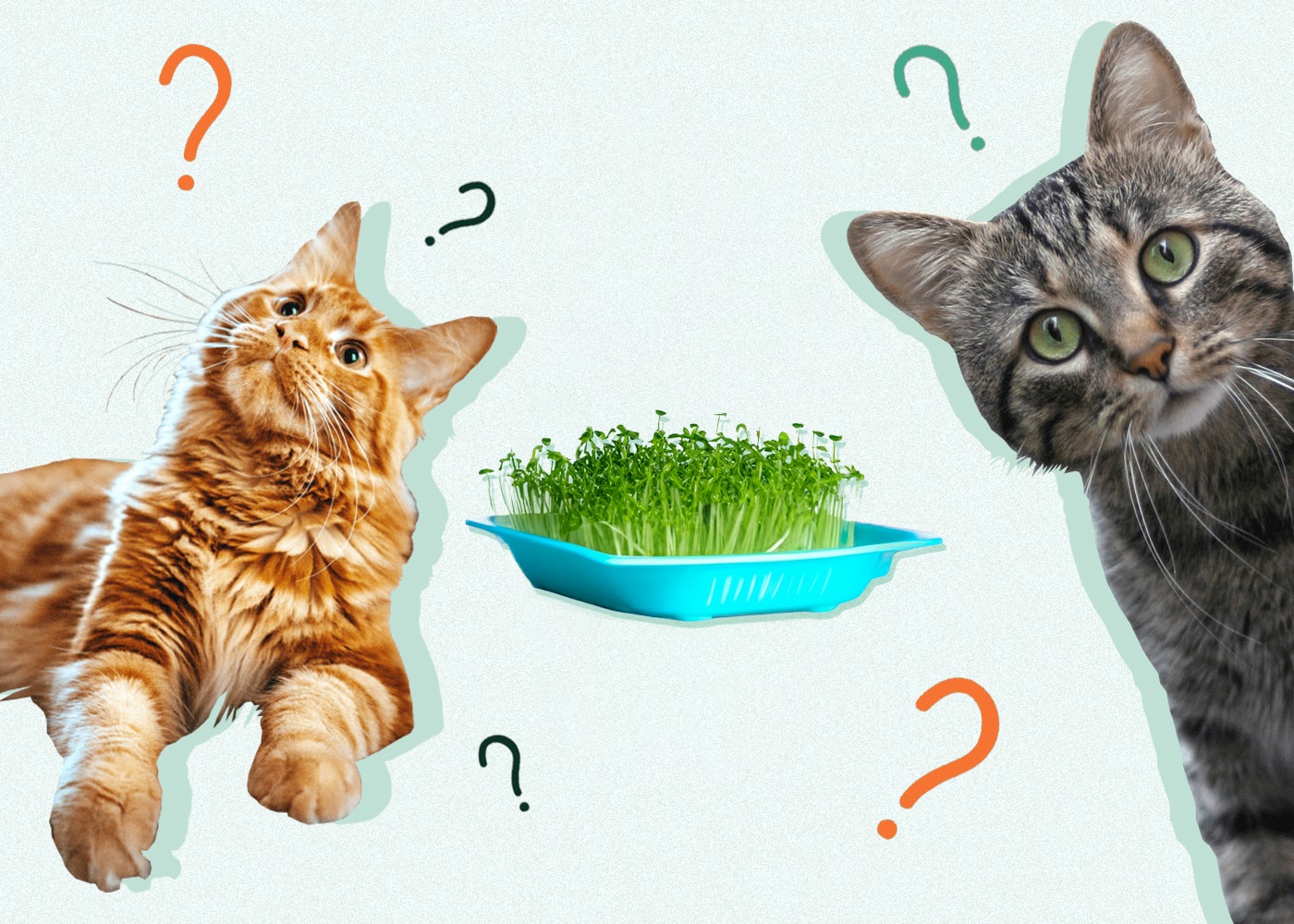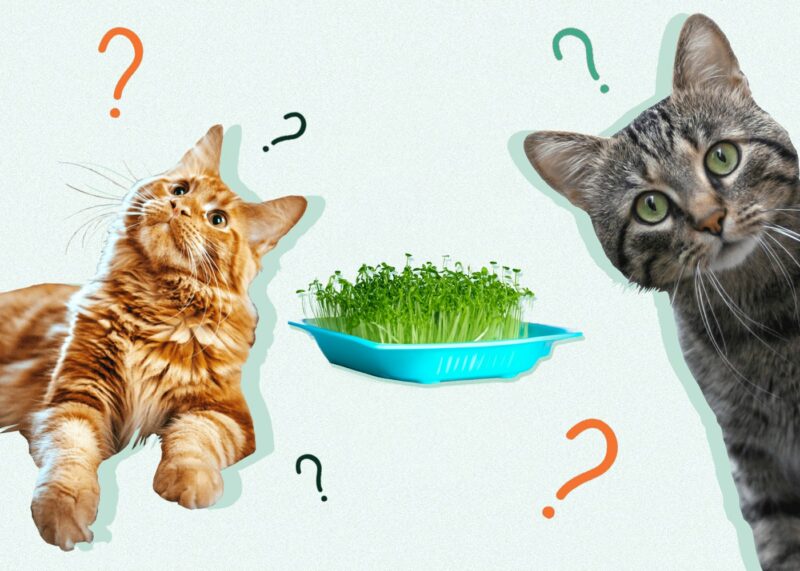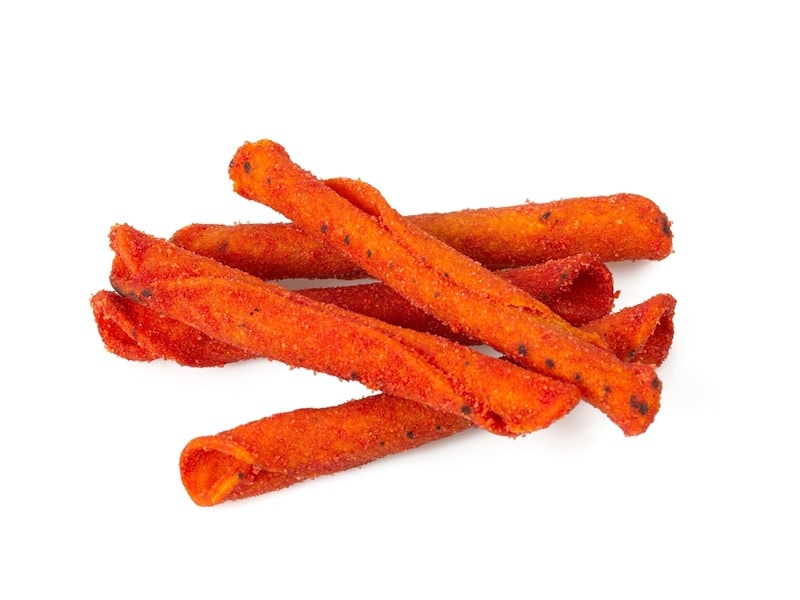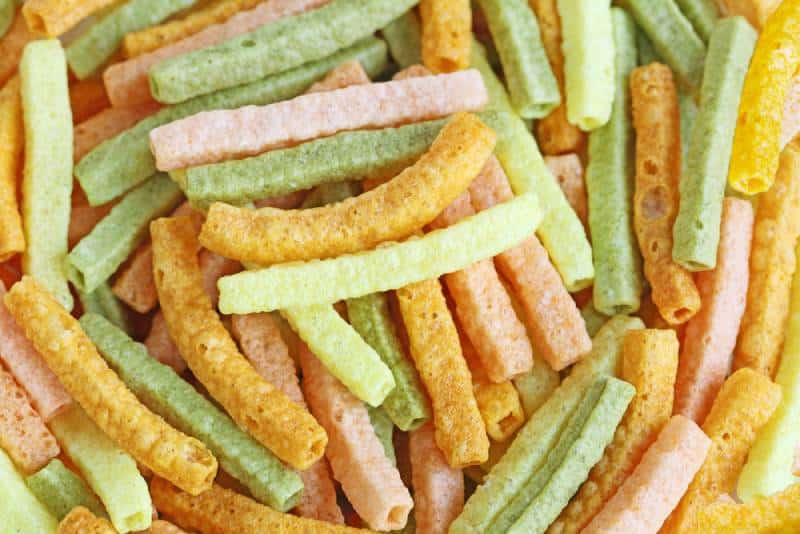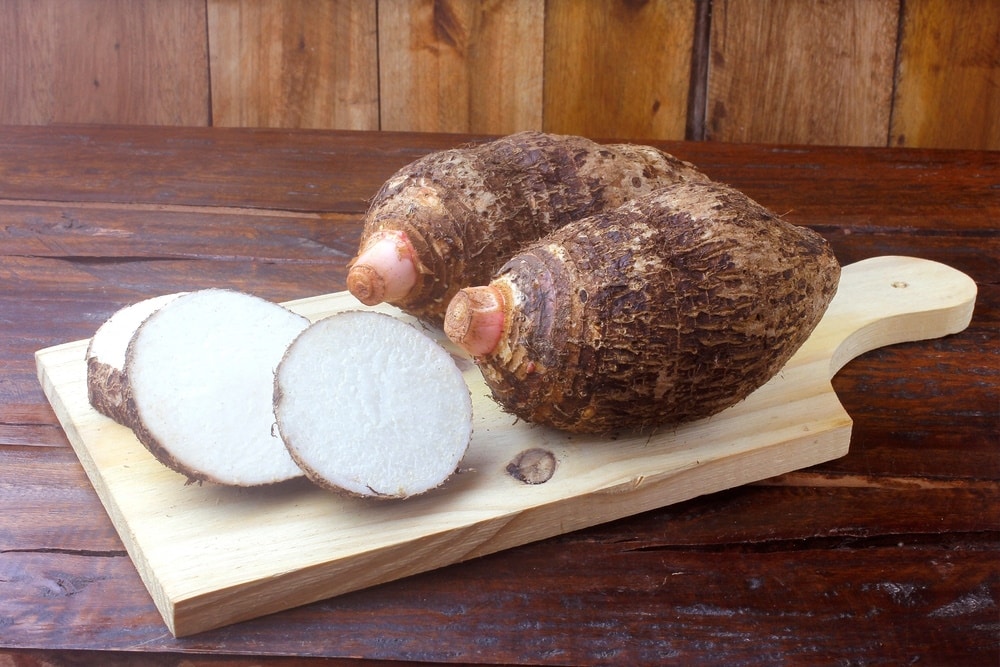It is natural and instinctive behavior for cats to eat grass, and it has many benefits for your feline. Some of the claimed reasons why cats indulge in this behavior remain unknown, while others have now been proven by science.
Chia grass, scientific name Salvia hispanica, is considered safe for most cats to eat in moderation and is listed by the ASPCA as a non-toxic plant for cats. However, be aware that there is limited safety information available on this type of grass when it comes to cats, and more commonly used cat grass refers to rye, barley, oat or wheat.
The usual cat grass does not typically have any side effects, and the benefits greatly outweigh the negatives. However, chia is rarely used as a part of this standard cat grass combination. If you are interested in what other nutritious forms of grass are available for your cat, our article has all the answers you need. Please consult with your vet before considering chia grass for your cat.
Is Chia Grass Safe for Cats to Eat?
Chia grass is not considered poisonous to cats, according to the ASPCA, and can be eaten or nibbled on by your feline friend.1 However, there is no available safety information or scientific research on this type of grass and its suitability or benefits for cats, and it’s not something we can generally recommend to give to your cat regularly at this point. Not being toxic to cats does not necessarily mean they will reap significant benefits from it, particularly if ingested in excessive amounts, but moderate amounts are unlikely to do them harm.
Chia grass plant belongs to the mint family Lamiaceae, which includes catnip but also plants like lavender, mint, and oregano, which are considered toxic for cats.
Some cats will not have much of an interest in eating grass, but it does make a nutritious snack. It was previously believed that cats eat grass when they are feeling like they have an upset stomach, but this is actually not true. Only a quarter of cats will vomit after eating grass, and the majority will not appear sick in any way.2
Vomiting will occur as a simple occasional byproduct of eating grass in some cats. Today, scientists believe that cats and their ancestors have been eating grass to get rid of certain intestinal parasites, although these parasites are no longer present, but the instinct remains. Grass may certainly help with the cat’s digestion and even fur balls, although science has not yet looked into this, and it contains valuable nutrients and fiber.
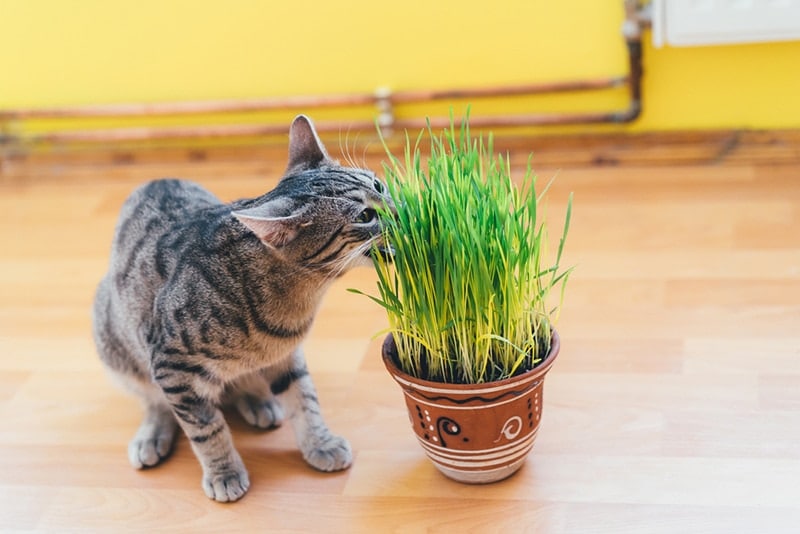
Chia grass is readily available and easy to grow indoors. It’s rich in vitamins, antioxidants, fiber, and micronutrients, which could make it a good occasional snack for your cat. Speak to your vet about using chia grass for your cat, and always start with limiting the amount they eat in order to avoid a stomach upset.
Other types of grass that are safe for cats to eat include oat, wheat, barley, alfalfa, and rye, and these are referred to as cat grass and can be offered daily. When keeping or growing cat grass, make sure it has not been treated with any chemicals or pesticides or has developed mold, all of which are harmful to your cat.
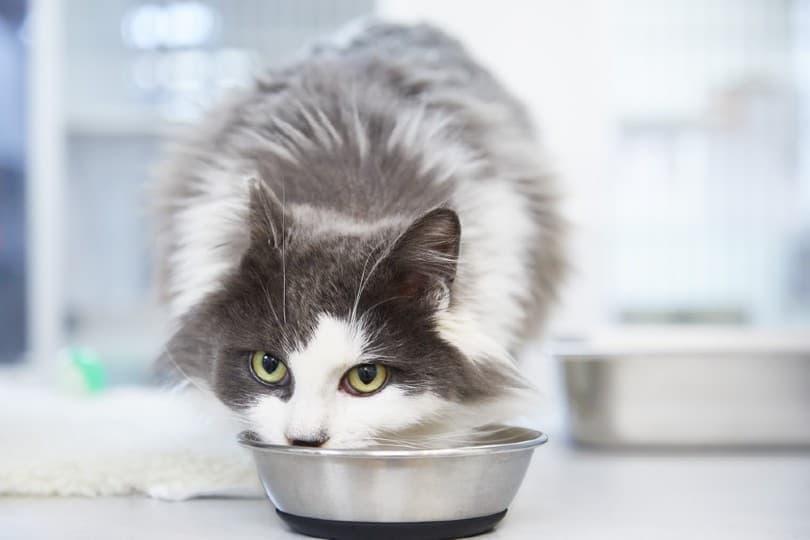
What Happens if a Cat Eats Chia Grass?
Not much will usually happen if your cat eats chia grass. However, there are some possible side effects that you should be aware of. Chia grass may be good for your cat’s digestive system in small amounts, but too much can cause your cat to suffer from a stomach upset and diarrhea.
Chia grass, like other plant material, is not very digestible for cats, so while it may be packed with various micronutrients, cats will have a difficult time digesting it. The fiber content may be useful for digestive health and may assist in passing hairballs, although science has not yet confirmed the potential role of grass in managing hairballs in cats.
It is also possible that some cats are allergic to grass pollen, including chia and other types of grass, or chia seeds, mainly during the summer or spring months.
It is important not to feed your cat chia seeds or grass if they have diabetes, as it can have a sugar-boosting effect on their system. Chia seed oil may also lower a cat’s blood pressure or interact with some medications if consumed in large quantities.
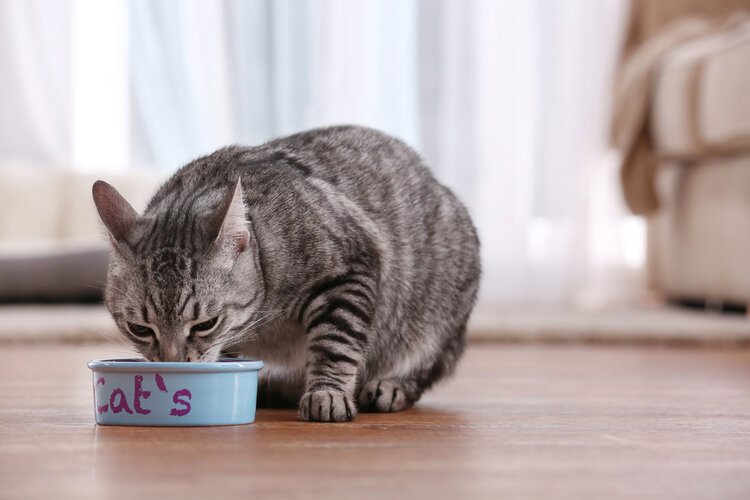
Benefits of Chia Seeds for People and if They Apply to Cats
Chia seeds have traditionally been used by people for various medicinal purposes due to their high nutritional value, but these cannot be extrapolated to our felines due to lack of evidence-based data. Some of the reasons why chia seeds are so popular and widely used in human medicine are:
- Chia seeds contain high levels of omega-3 fatty acids, vitamins, minerals, and antioxidants, alongside fiber and a relatively high fat and carbohydrate content.
- Chia seeds can have a laxative effect if eaten in excess, and they can lead to diarrhea and bloating.
- Chia grass and seeds are rich in fiber.
- Chia seeds may have an anti-inflammatory effect and help to lower blood pressure.
As already mentioned above, these benefits cannot be applied to cats, and our feline companions should not be eating chia seeds or grass at the amounts that would make that possible, as it would only cause digestive and potentially other serious health issues.
Previously soaked chia seeds have so far been used in cats for managing high calcium levels, but there isn’t sufficient data available on the safety and appropriateness of this plant for cats, and there are safer cat grass options.
Speak to your vet before considering chia grass or seeds for your cat. Seeds can also pose a choking hazard for some cats, may lead to digestive issues, or have a profound laxative effect if eaten in excess, and they should not be offered without veterinary advice.
Final Thoughts
Both chia grass and its seeds are safe for cats to eat. Always consult your veterinarian before adding chia grass to your cat’s diet, especially if they have diabetes, take medication, or have abnormal blood pressure levels. Overall, chia grass can be a great addition to introduce into your cat’s diet if you want to increase their fiber, vitamin, mineral, and fatty acid intake.
Most cats will not willingly eat chia grass unless they are sick, so you may have to add seeds or oil to your cat’s food. You also have the option of growing chia grass in indoor trays so that your cat can nibble at the grass when they feel like it, thus offering a form of natural enrichment and encouraging foraging.
You Might Also Be Interested In:
Featured Image Credit: Catster.com

